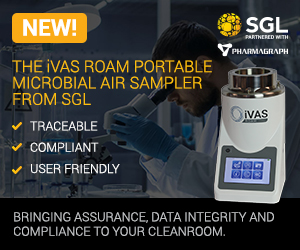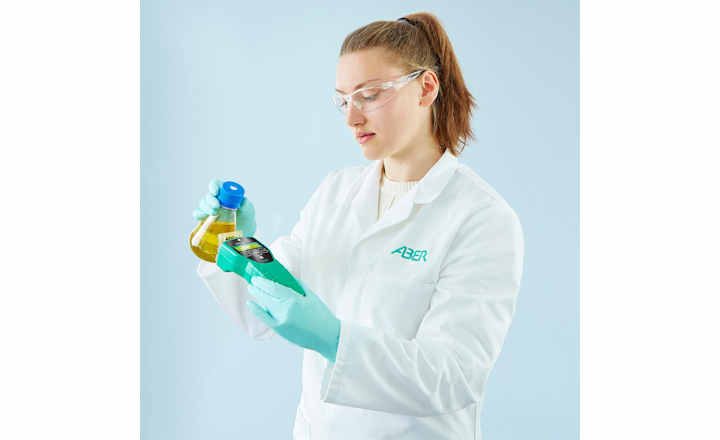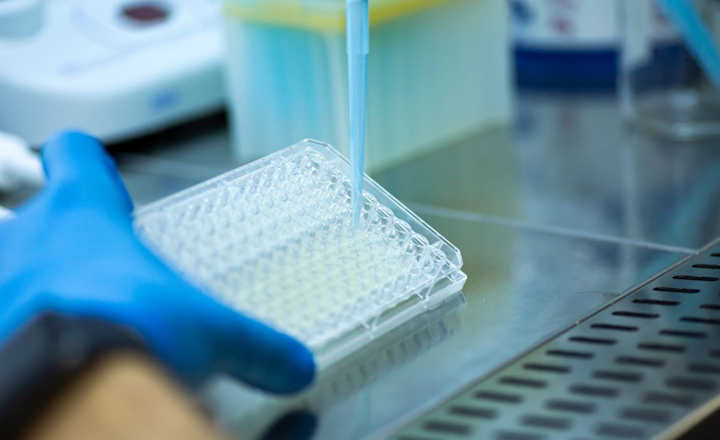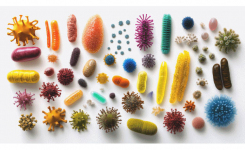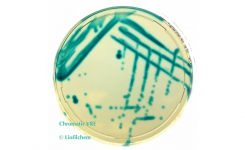- The OPTURA® PALM® handheld biomass sensor uses near-infrared (NIR) bio-reflectance for contactless biomass analysis.
- Point the sensor at the culture vessel and generate cell density readings within seconds without breaking the sterile barrier.
Aber Instruments (Aber), a world-leading manufacturer of biomass monitoring technology, is delighted to introduce its new OPTURA® PALM® handheld biomass sensor. The new sensor designed for non-invasive biomass measurement allows rapid, accurate reading of cell density without sampling, making it perfect for laboratory applications such as monitoring seed trains, as well as determining optimum cell harvest or virus infection times.
Based on Aber’s innovative, OPTURA® range the OPTURA® PALM® harnesses near-infrared (NIR) bio-reflectance for contactless biomass analysis. Scientists simply point the sensor at their culture vessel and the OPTURA® PALM® generates cell density readings within seconds without having to break the sterile barrier to take samples. The sensor can store up to 1000 readings and data can be easily downloaded via software which comes with the device. This allows scientists to use their OPTURA® PALM® in remote or off-site locations and then transfer data back to the laboratory to create their own custom biomass calibration curves if they require them.
The robustly designed OPTURA® PALM® consisting of a NIR unit and sensor measurement face, operates by emitting a NIR laser from the sensor into the media. Due to the wavelength used only cells present in the media reflect light back to the sensor measurement face. Reflectance and biomass are proportionally related so that for example a higher reflectance indicates a greater biomass. Since NIR can pass through glass or plastic vessel walls (up to 10mm) and the laser has a penetration depth of 2.5 cm, it is possible to use the OPTURA® PALM® to measure cells growing inside common labware such as shake flasks, T-flasks, roller bottles and polypropylene tubes in seconds without sampling.
Being able to measure cell density without having to remove cells for off-line measurement saves time and effort by eliminating the risk of contaminating the culture and the need to repeat experiments. Additionally, because OPTURA® PALM® utilises a unique non-invasive yet quick measurement method it allows environmentally friendly collection of more data points as there is no need to use consumables such as single-use pipette tips or cuvettes.
The OPTURA® PALM® has been successfully evaluated by Aber scientists against traditional manual OD600 spectrophotometer analysis, which can take 30 minutes to complete if cells require dilution. Their results show that the new sensor is capable of non-invasive measurements in just five seconds with detection limits from 0.5 OD600 for E.coli, 1 x 106 with yeast cells and 3 X 106 for Chinese hamster ovary (CHO) cells. Additionally, the sensor has been shown to measure cell density as accurately as traditionally analytical methods so scientists can be assured of the precision of their biomass results for a range of microbial, plant and mammalian cell applications.
Dr Lindsey Male, OPTURA product manager at Aber Instruments explains: "Scientists tell us their off-line methods of measuring biomass in the lab are time consuming and run the risk of contaminating their cultures. This means they are loathe to keep measuring cell density and are limited in the amount of data they collect.”
Dr Male continues: “Our solution is to add the OPTURA®PALM® to our trusted biomass sensor range. The benefit for scientists is they can now have our unrivalled technology in the palm of their hand to generate cell density read-outs in seconds without having to sample. Compared to standard off-line measurements, our new sensor will save hours of tedious, repetitive tasks, as well as consumable costs which means that the OPTURA®PALM® could soon be as common as a pH meter in any laboratory where accurate cell density measurement is an essential part of their workflow.”
To discover more about this innovative product or to order an OPTURA®PALM® biomass sensor, visit aberinstruments.com/palm


